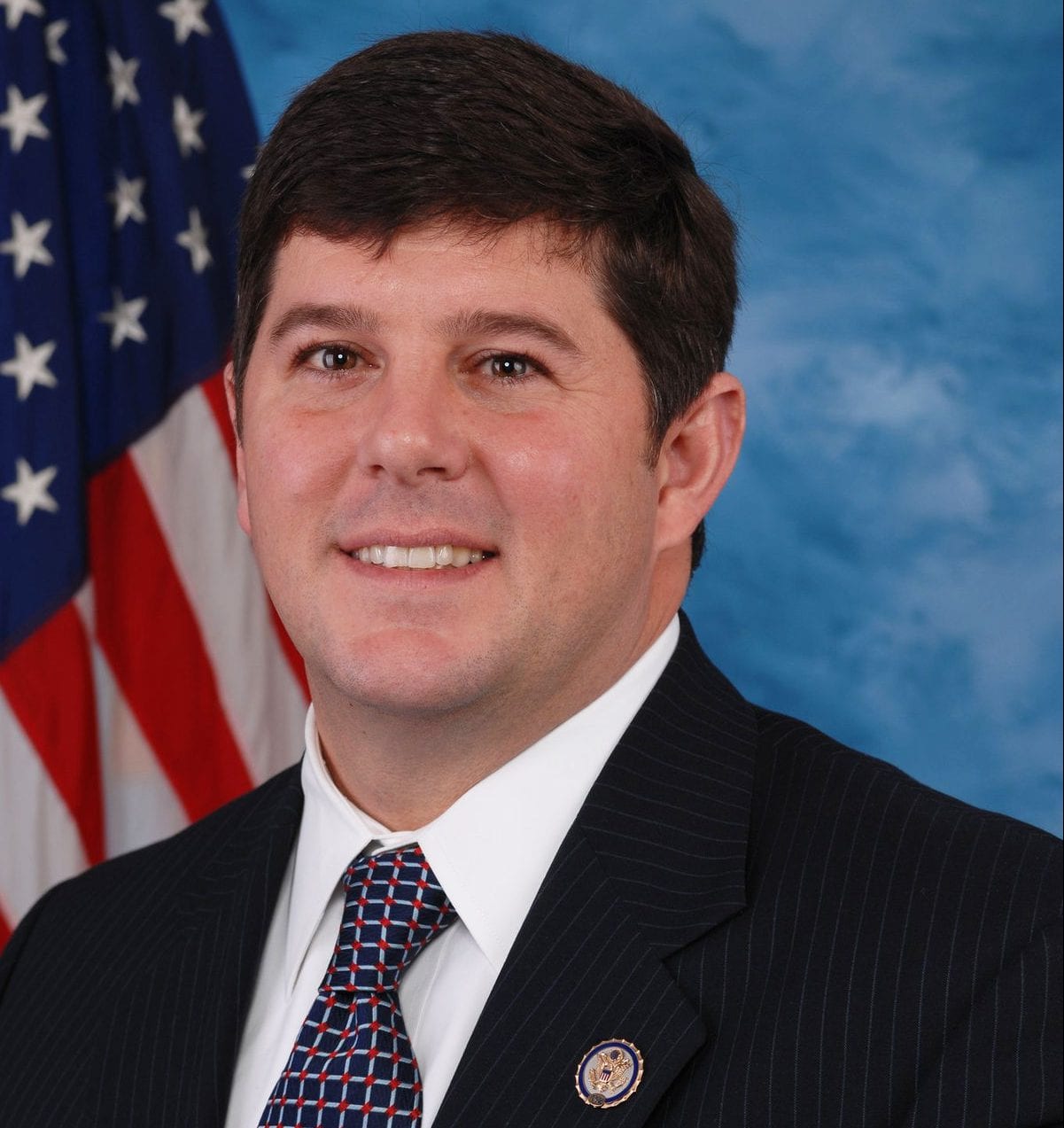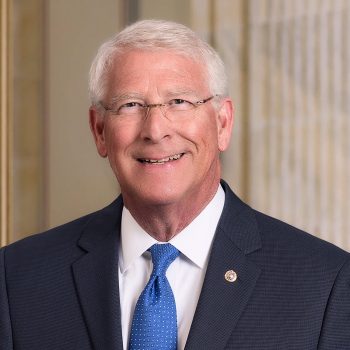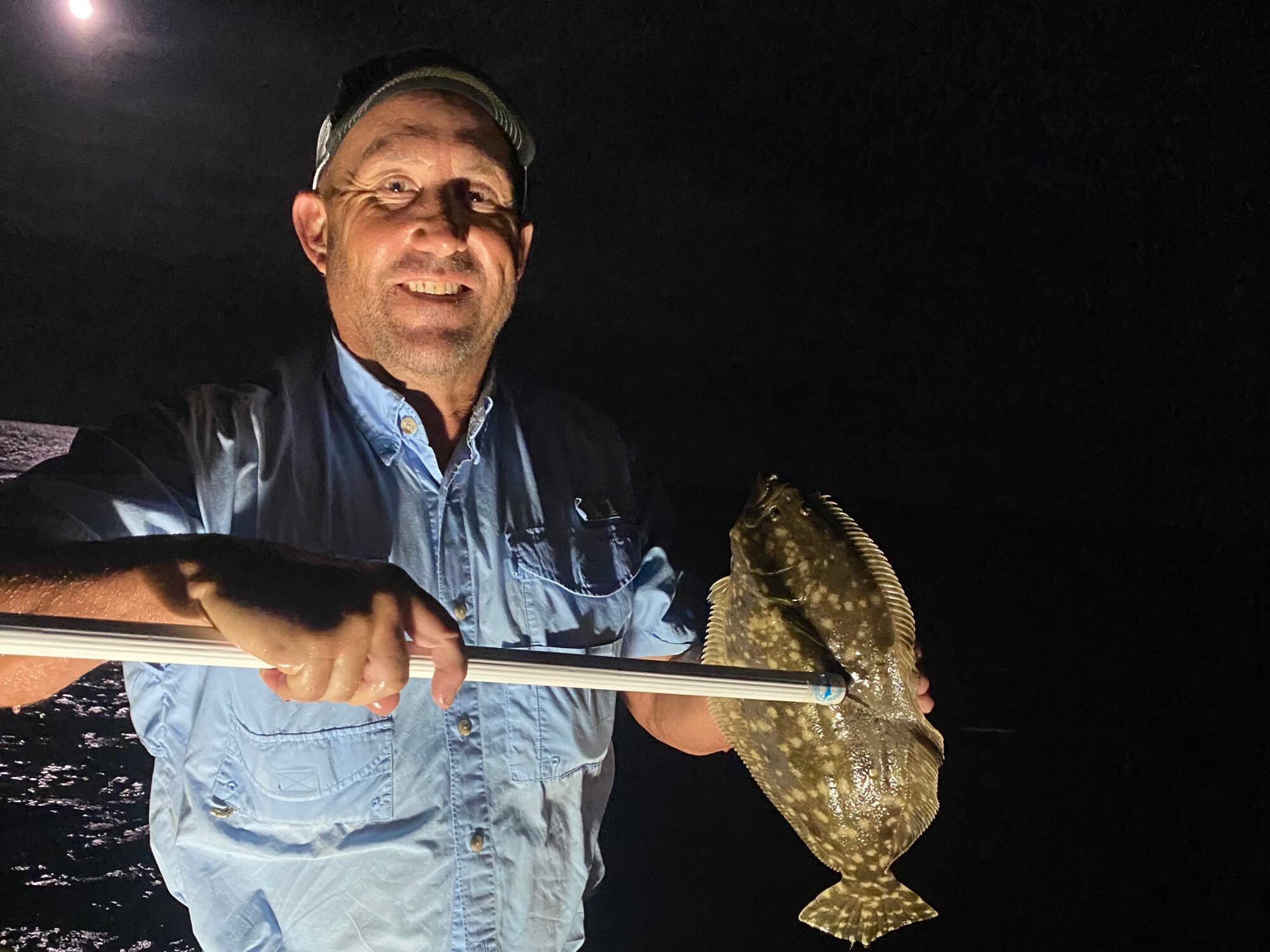
The Mississippi Outdoor Stewardship Trust Fund Act still lives as the 2021 Legislative session gets closer and closer to an end. HB 1231, as originally proposed, would divert up to $20 million of sales tax revenue each year from sporting good sales.
Despite being triple referred in the Senate, a highly unusual step, and earlier comments from Lt. Governor Delbert Hosemann who said he was not keen on the legislation, it passed the Senate Thursday and will head back to the House for consideration.

“This bill is flawed for a number of different reasons. First of all, it provides no income to the state of Mississippi. It takes away $15 million a year. That’s about a third of (the cost of) a teacher pay raise,” said Hosemann during an online forum.
The bill was altered in the Senate to no longer use an automatic sales tax diversion. Instead, the Legislature would have the authority to appropriate up to $20 million annually. Lawmakers said that number could be drastically smaller, closer to $500,000 this year, due to budget restraints.
During his tenure as Secretary of State, Hosemann helped secure thousands of acres of land for public use while working to protect Mississippi’s wetlands and wildlife. Prior to becoming Lt. Governor in 2020, he served as Secretary of State and State Land Commissioner from 2007 to 2019. Once the changes were made to the legislation in the Senate, Hosemann threw his support behind the bill.
“As a hunter and outdoor enthusiast, I am keenly aware of how important it is to protect and improve our public lands for future generations. Mississippi has so much potential because of its wide-open, natural spaces,” Lt. Governor Delbert Hosemann said. “The creation of this fund will help us to continue to maximize this potential for the betterment of all citizens.”
Author of the bill Rep. Scott Bounds was not thrilled with the initial changes that came from the Senate.

“Their strike-all makes the program dependent upon annual Appropriations by the Legislature, no mandatory funding and limits the ability to establish strategic planning on projects. Further, with no diversion, the ability to tap potentially millions of dollars in federal conservation funds is eliminated. This was a key component of the original House bill,” said Bounds.
He said it also removes any non-governmental organizations from the bill, which he said are vital conservation partners for local, state or federal projects. Bounds said he hopes to work with the Senate on these differences in order to produce what he called the “most transformational piece of conservation policy ever done in Mississippi.
The bill faces a few more hurdles, like the approval from the House on the changes made. That process could include ironing out details in conference. But, Governor Tate Reeves indicated that he is behind the idea.
“Well, I certainly think we ought to spend additional research on preservation,” said Reeves. “In fact, I helped raise money just recently for an organization that does just that. This is an issue that is being worked out between the House and the Senate and I’m excited about the opportunities to do that,” said Reeves.

Reeves said in order for the state to grow, the population must grow to increase the GDP. One great advantage Mississippi has to do that is quality of life, largely due to the mass outdoor resources the state provides. That includes land and wildlife as well as recreational sports like hunting and fishing.
“Any bill that is sent to me that recognizes that, that spends additional resources on our public lands that makes it easier for individuals to enjoy this, that does wildlife preservation I’m highly inclined to sign it,” said Reeves.
He said the sales tax diversion seems to be an issue between the chambers, but did not relay his thoughts on whether or not the funding should come from a diversion or an annual appropriation from the Legislature.
The legislation gained support early on in the process from groups like Primos Hunting, Wildlife Mississippi, Ducks Unlimited, the Nature Conservancy, Delta Council / Delta Wildlife, Coastal Conservation Association and the Foundation for MDWFP
RELATED: A new effort to create a Conservation Trust in Mississippi could become reality
“To walk into a beautiful hardwood bottom, to see some of the sights I have seen in Mississippi, some of the places that people don’t see if they don’t get out of their car or out of their home and go out there and see it at different times of the year,” said Will Primos, of Primos Hunting. “Mississippi has so much to offer and a lot of this is unaccessible to a lot of people.”
Primos added that through this fund, it will make these locations more accessible to people who live in Mississippi, or just want to visit. When those locations are utilized it will also grow the money, which could have a positive impact on the state’s revenue stream each year.
The dollars in the fund would go toward acquisition of land for public trails, public hunting and clean water initiatives, habitat preservation as well as aiding local conservation groups and local government agencies in preserving habitat through maintenance and restoration projects.
Outdoor recreation is estimated to be an $8 billion industry in Mississippi supporting nearly 79,000 jobs and generating $620 million in local and state tax revenue according to the Outdoor Industry Association.
Georgia has launched a similar program. They were able to leverage the allocation of $20 million to conservation efforts which has become a $100 million of combined federal and private match dollars.











